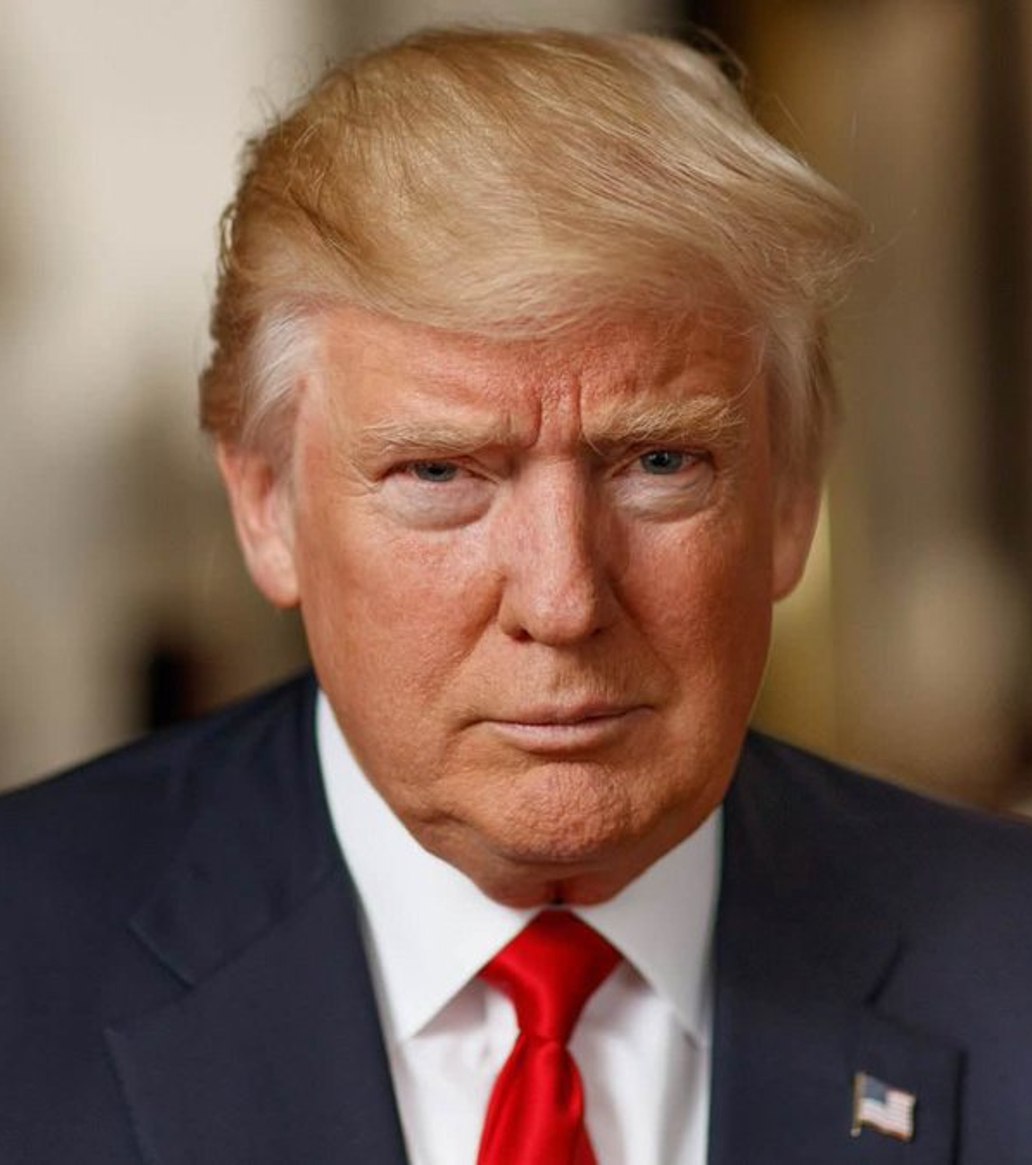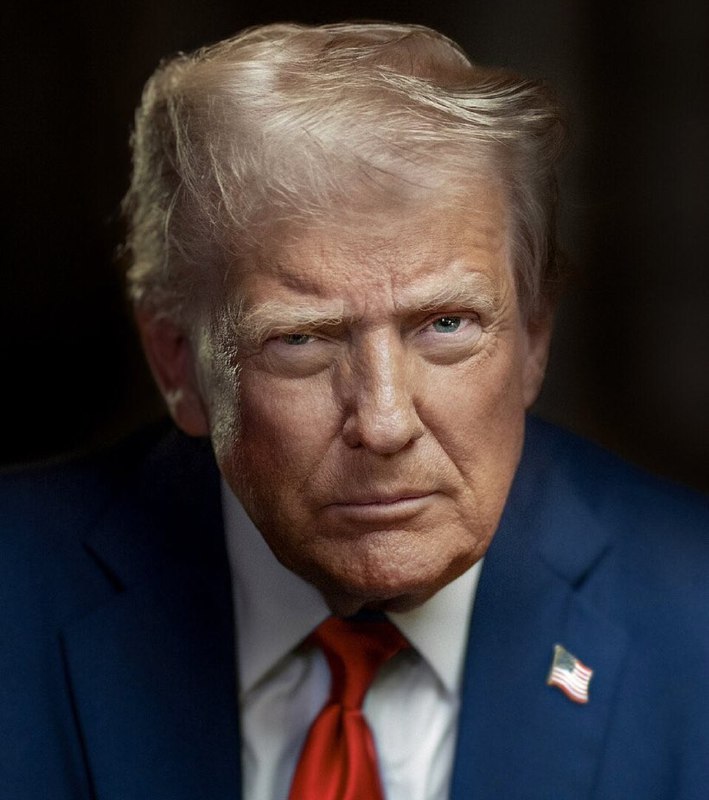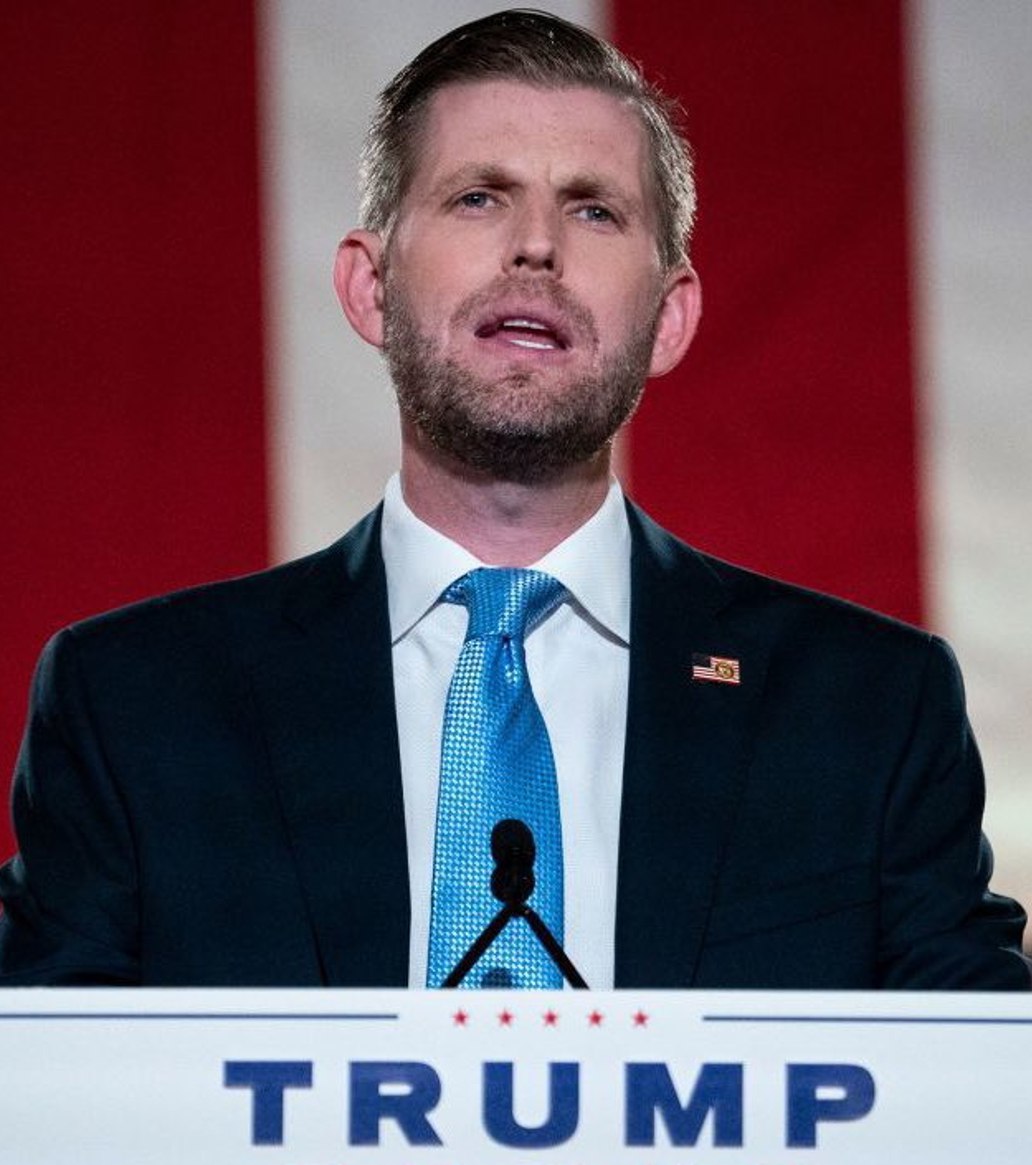By CentBit.Online – Crypto & Blockchain Expert, Bangladesh
Former President Donald Trump has publicly criticized retail giant Walmart for passing increased U.S. tariff costs onto consumers, accusing the company of unfairly “jacking up prices” amid ongoing trade tensions. In a series of social media posts and interviews, Trump argued that Walmart should absorb some of the tariff burden rather than penalize American shoppers.
Trump’s Critique of Walmart’s Pricing Strategy
-
Tariff Blame: Trump claims that Walmart executives are using tariffs—imposed primarily on Chinese imports—as an excuse to boost profit margins.
-
Consumer Impact: He emphasized that low- and middle-income families suffer most when major retailers inflate prices on everyday essentials.
-
Call to Action: Trump urged Walmart to engage in bipartisan talks to seek tariff relief or legislative solutions that would prevent retailers from shifting the cost to customers.
The Broader Tariff Context
Since 2018, the U.S. government has levied tariffs on hundreds of billions of dollars’ worth of Chinese goods. While intended to pressure China on trade imbalances and intellectual-property practices, these tariffs have also:
-
Raised Import Costs: Many consumer goods—from electronics to household items—have become more expensive for U.S. retailers.
-
Fueled Inflationary Pressure: Higher retail prices contribute to overall inflation, affecting purchasing power nationwide.
-
Sparked Supply-Chain Adjustments: Some companies have explored alternative suppliers or relocation of production to tariff-free regions.
Walmart’s Response and Retail Realities
Walmart, the world’s largest retailer, issued a statement noting that:
-
Pricing Decisions Are Complex: Retail prices reflect a range of factors—supplier costs, transportation, labor, and competitive pressures—not just tariffs.
-
Consumer Value Focus: The company strives to keep prices low, leveraging scale and efficiency to mitigate cost increases where possible.
-
Ongoing Engagement: Walmart continues to work with government and industry partners on supply-chain resiliency and tariff impacts.
Implications for Crypto and Blockchain
While this debate centers on traditional retail, it underscores an opportunity for blockchain-powered supply-chain solutions and crypto payments:
-
Transparent Cost Tracking: Blockchain can offer end-to-end visibility of tariff costs embedded in products.
-
Stablecoin Settlements: Using USD-pegged stablecoins for cross-border payments could reduce reliance on dollar-denominated tariffs and banking fees.
-
Decentralized Marketplaces: Peer-to-peer platforms may bypass large retailers, enabling consumers to access goods at lower cost.
Lessons for Bangladesh
Bangladesh, a growing exporter of textiles and consumer products, can learn from this U.S. debate:
-
Diversify Trade Partners: Reducing dependence on any single market mitigates tariff risk.
-
Adopt Blockchain in Exports: Transparent provenance can command premium prices and build buyer trust.
-
Explore Crypto Remittances: Lower-cost digital payments help offset inflationary pressures on households.
Final Thoughts
President Trump’s rebuke of Walmart highlights the complex interplay between trade policy, retail pricing, and consumer welfare. As tariffs remain a global tool of economic policy, blockchain and crypto innovations offer fresh pathways to transparency, efficiency, and cost savings—both for major retailers and emerging-market exporters.
Stay connected with CentBit.Online for the latest insights on how global trade dynamics intersect with crypto and blockchain trends in Bangladesh and beyond.





